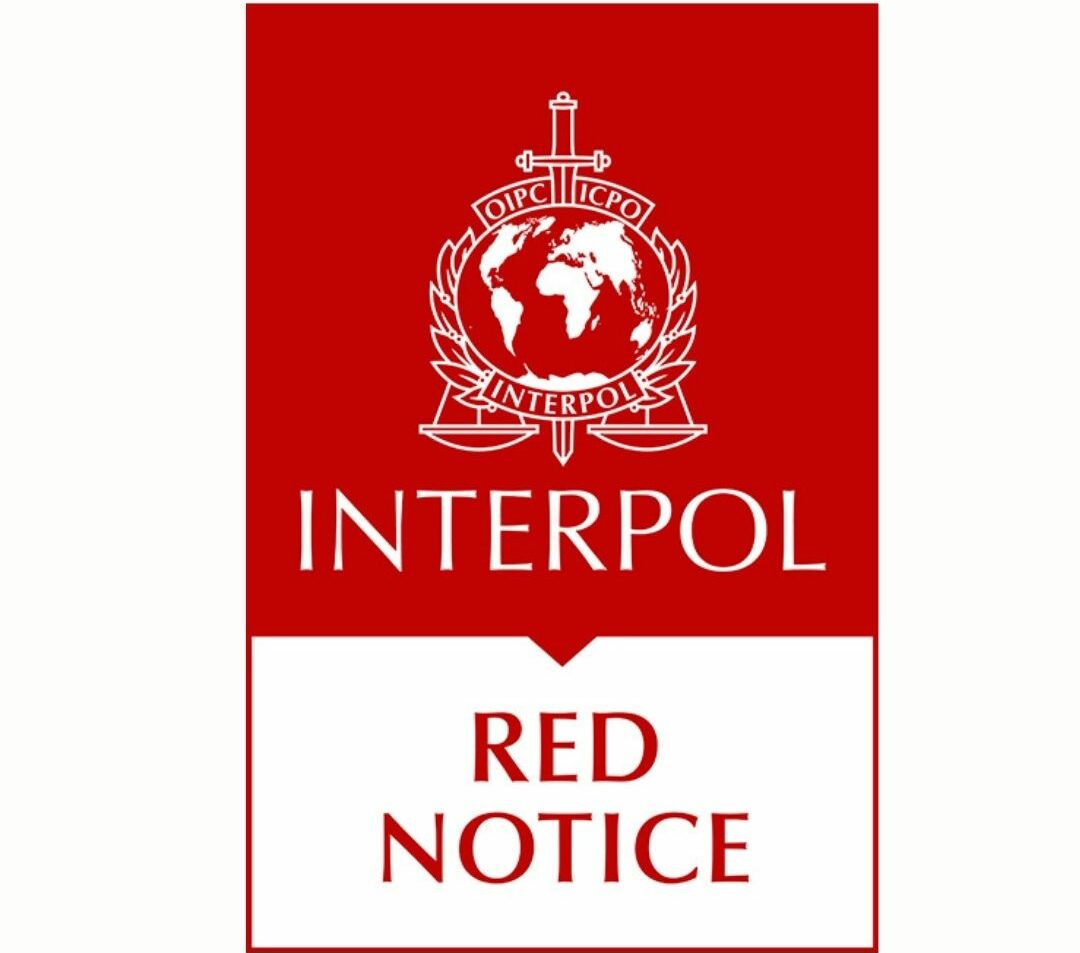The International Criminal Police Organization (INTERPOL) refused to issue Red Notices for individuals with alleged links to the Gülen movement in 773 cases after finding them to be political, the head of the INTERPOL department of Turkey’s Interior Ministry said on Wednesday.
Lütfi Çiçek said an additional 240 Red Notice requests were denied for individuals linked to the outlawed Kurdistan Workers’ Party (PKK), the Revolutionary People’s Liberation Party/Front (DHKP/C), the Communist Party of Turkey/Marxist-Leninist TKP/ML. The PKK and DHKP/C are listed as terrorist organizations by Turkey, US, and the European Union.
Çiçek was speaking at a session of parliament’s Foreign Affairs Committee, where an agreement between Turkey and INTERPOL regarding immunities and privileges that will be granted to participants of the INTERPOL General Assembly that will be held on November 20-25 in İstanbul were being debated.
Turkish President Recep Tayyip Erdoğan has been targeting followers of the Gülen movement, a faith-based group inspired by Turkish cleric Fethullah Gülen, since the corruption investigations of December 17-25, 2013, which implicated then-Prime Minister Erdoğan, his family members and his inner circle.
Dismissing the investigations as a Gülenist coup and conspiracy against his government, Erdoğan designated the movement as a terrorist organization and began to target its members. He intensified the crackdown on the movement following a coup attempt on July 15, 2016 that he accused Gülen of masterminding. Gülen and the movement strongly deny involvement in the abortive putsch or any terrorist activity.
A Red Notice is a request to law enforcement worldwide to locate and provisionally arrest a person pending extradition, surrender, or similar legal action.
According to Çiçek, INTERPOL denied Turkey’s requests based on Article 3 of its constitution, which stipulates that “It is strictly forbidden for the Organization to undertake any intervention or activities of a political, military, religious or racial character.”
Çiçek said Turkey is one of the top 10 countries using INTERPOL databases the most out of 194 member states. “Currently we have 2,212 Red Notice requests in circulation,” he added.
Speaking to the committee Deputy Foreign Minister Yavuz Selim Kıran said Turkey had experienced problems in its cooperation with INTERPOL, especially after the “hesitant attitude” adopted by the organization in the aftermath of the abortive putsch. Besides the denial of Red Notice requests for individuals with alleged links to the Gülen movement, Kıran said INTERPOL deleted data entered by Turkey to the organization‘s Stolen and Lost Travel Documents Database (SLTD).
INTERPOL’s move came after the Turkish government started cancelling tens of thousands of passports belonging to people with alleged links to terrorist organizations and their family members. According to then-Interior Minister Efgan Ala, a total of 74,562 passports were cancelled within only two weeks of the coup attempt.
Kıran said they decided to host the INTERPOL General Assembly to get the opportunity to explain to delegates the problems they face in these areas.
“[I]t is unacceptable that Turkey is not allowed to enter data to the SLTD,” Kıran said. “INTERPOL is not a judicial authority, it is an organization aimed at facilitating the fight against crime, its sole focus shouldn’t be DAESH [ISIS].”
According to Kıran 93 individuals have been extradited to Turkey through INTERPOL since March 2020. A total of 1,064 extraditions to Turkey have taken place through INTERPOL since 1982.
Source: Stockholm Center for Freedom (SCF)



